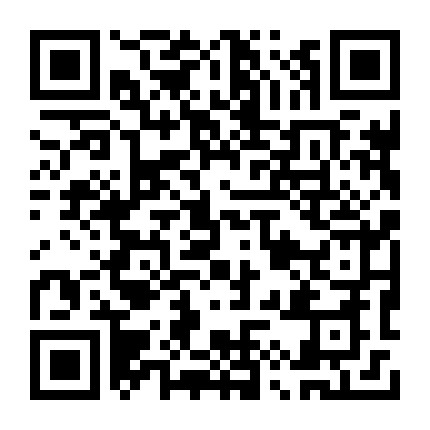英语字典哪个好最全面的内容
Hi friends, in this article, I will explore the topic of which English dictionary is the most comprehensive. I will provide detailed background information and then delve into the various aspects of this topic to provide a thorough understanding.
1. The Importance of a Comprehensive English Dictionary
A comprehensive English dictionary is an essential tool for language learners, educators, and anyone seeking to improve their English skills. It provides definitions, phonetic transcriptions, examples of word usage, and much more. The depth and accuracy of the information in a dictionary can greatly impact the learning experience.
In my opinion, the most comprehensive English dictionary is one that not only covers a wide range of words but also provides detailed and accurate explanations, examples, and additional information that can aid in understanding the language better.
2. The Criteria for a Comprehensive English Dictionary
When evaluating the comprehensiveness of an English dictionary, several criteria need to be considered. Firstly, the number of words included in the dictionary is crucial. A comprehensive dictionary should cover a vast vocabulary, including common words, idiomatic expressions, technical terms, and proper nouns.
Secondly, the quality of definitions and explanations is paramount. A comprehensive English dictionary should provide clear and concise definitions, as well as usage examples that illustrate the meaning and context of the word.
Additionally, the inclusion of phonetic transcriptions, etymology, synonyms, antonyms, and grammatical information can enhance the comprehensiveness of a dictionary.
3. The Debate on Online vs. Print Dictionaries
In today's digital age, the availability of online dictionaries has changed the way people access and use language resources. Online dictionaries offer convenience, speed, and constant updates, making them a popular choice for many users. However, the comprehensiveness of online dictionaries may vary, and some may lack the depth of information found in traditional print dictionaries.
Print dictionaries, on the other hand, are often considered more comprehensive due to their detailed entries, additional notes, and comprehensive lexical information. They are particularly valuable for in-depth research and study.
4. The Role of Specialized Dictionaries
In addition to general English dictionaries, specialized dictionaries focusing on specific fields such as law, medicine, finance, or science play a crucial role in providing comprehensive information within a particular domain. These specialized dictionaries delve deeply into the terminology and jargon of a specific field, offering in-depth explanations and examples.
The comprehensiveness of a specialized dictionary is determined by its coverage of terms within that field, as well as the accuracy and relevance of the information provided.
5. Practical Examples of Comprehensiveness
To illustrate the importance of a comprehensive English dictionary, let's consider the words "set," "run," and "take." A comprehensive dictionary should offer a range of definitions and examples for each of these commonly used words, including their various meanings, phrasal verbs, idiomatic usage, and collocations.
For instance, the word "set" has over 430 different uses in the Oxford English Dictionary, demonstrating the complexity and depth of even a single word. A comprehensive dictionary would capture this breadth of usage with clarity and precision.
6. User Experience and Accessibility
Finally, a comprehensive English dictionary should be user-friendly and easily accessible. Whether in print or online, the layout, navigation, and search functions should facilitate efficient use and understanding of the content. Cross-referencing, appendices, and supplementary materials can further enhance the user experience and the overall comprehensiveness of the dictionary.
Related Questions Answered
The Role of Pronunciation Guides
A comprehensive English dictionary should include detailed pronunciation guides for each entry, using the International Phonetic Alphabet (IPA) or a similar system. This enables learners to pronounce words accurately and effectively, aiding in their overall language comprehension and communication skills.
Grammar and Usage Notes
In addition to definitions and examples, a comprehensive English dictionary should feature grammar and usage notes that provide insight into the syntactic and semantic aspects of words. This helps users understand how words function in sentences and how their meanings may change based on context.
Bilingual and Learner's Dictionaries
For non-native English speakers, the comprehensiveness of a bilingual or learner's dictionary is of utmost importance. These dictionaries should provide not only translations but also cultural and contextual information to aid in language acquisition and overall language proficiency.
In conclusion, the choice of a comprehensive English dictionary depends on the individual's specific needs and preferences. Whether it is print or online, general or specialized, a comprehensive English dictionary should meet the criteria discussed and enhance the user's understanding and appreciation of the English language. I hope this article has provided valuable insights into the world of English dictionaries, and I look forward to further exploration and discussion on this fascinating topic. Thank you for reading, and best wishes in your language learning journey!

